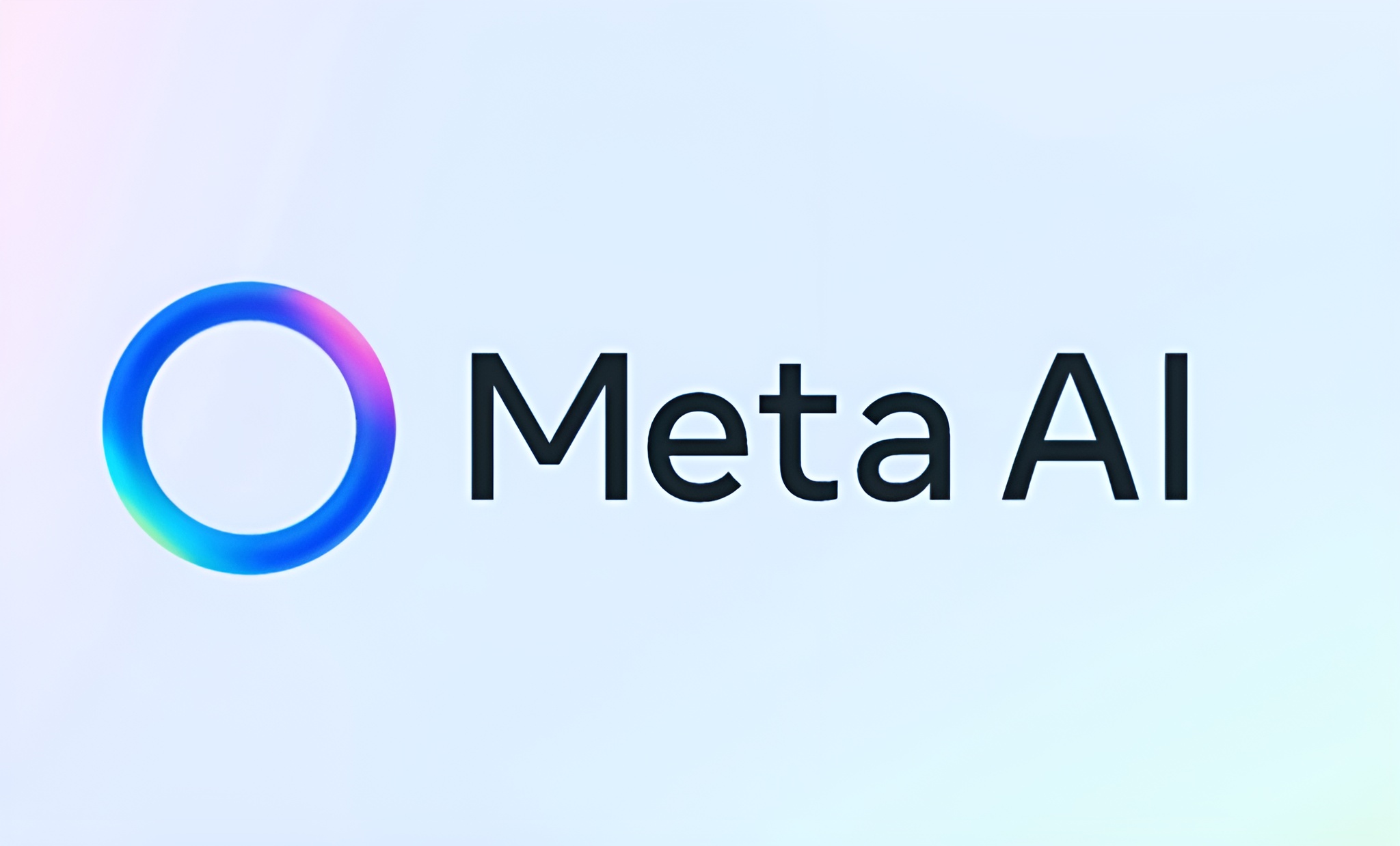Worldcoin jumped 40% after reports that OpenAI is developing a biometric social platform to verify users and eliminate bots. The proposed network would reportedly integrate AI tools while relying on biometric identification to ensure proof of personhood.
Sources cited by Forbes claim the project aims to create a humans-only platform, differentiating itself from existing social networks, including X. Development is said to be led by a small internal team, with work reportedly underway since early 2025.
Biometric verification could involve Apple’s Face ID or the World Orb scanner, a device linked to the World project co-founded by OpenAI chief executive Sam Altman.
The report sparked a sharp rally in Worldcoin, though part of the gains later reversed amid wider market weakness. Despite the brief surge, Worldcoin has remained sharply lower over the past year amid weak market sentiment and ongoing privacy concerns.
Would you like to learn more about AI, tech and digital diplomacy? If so, ask our Diplo chatbot!










